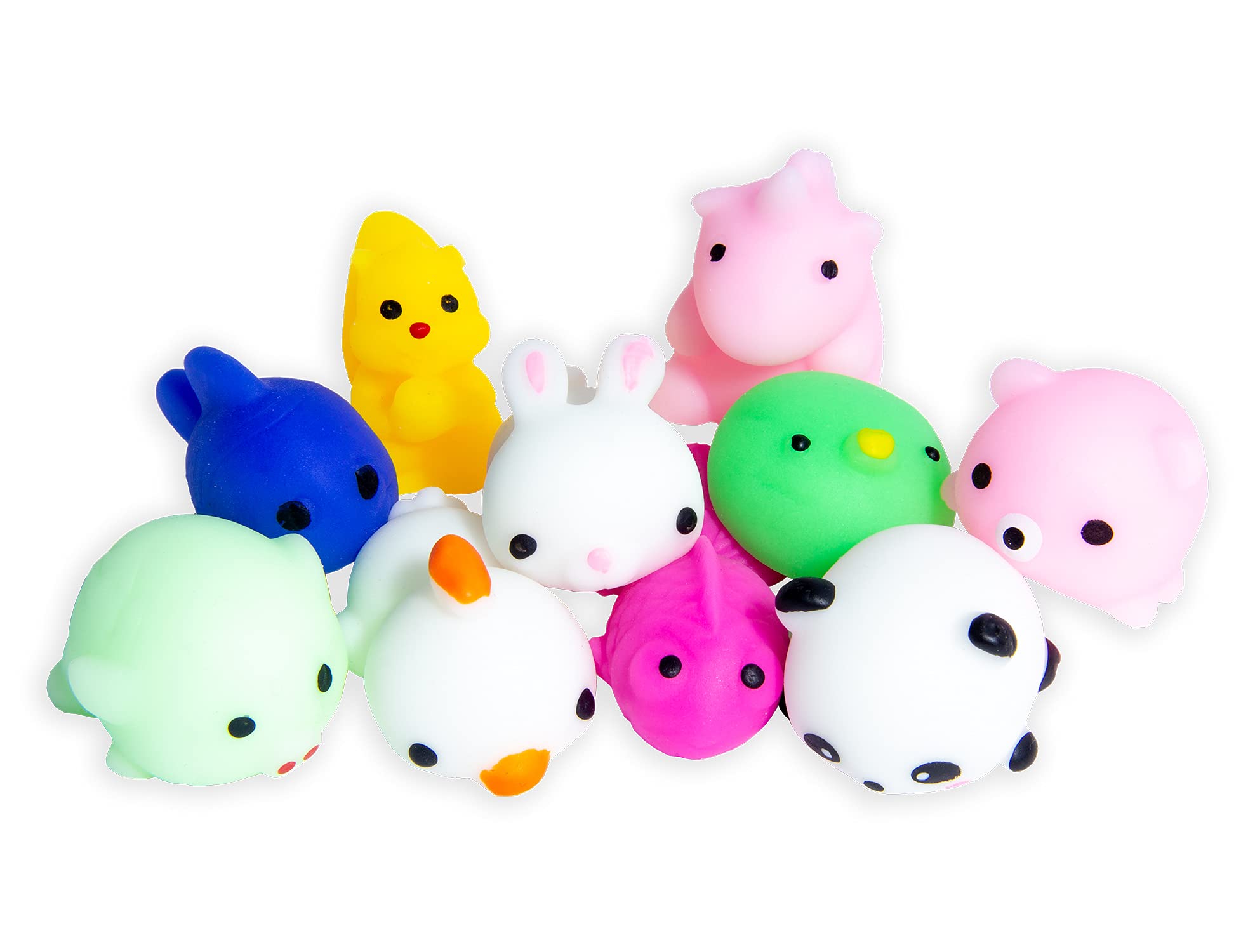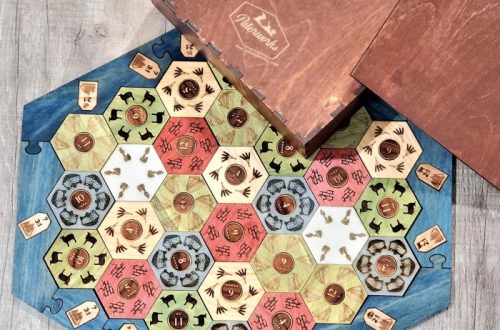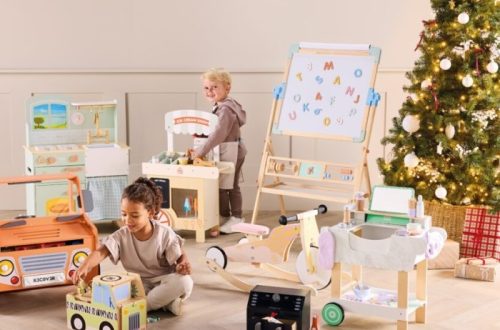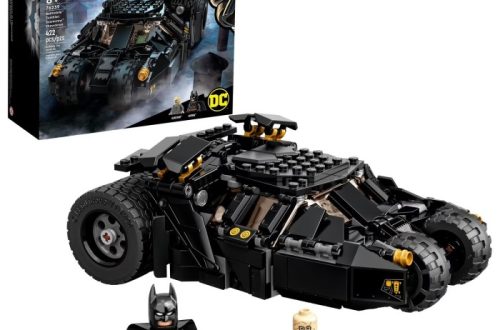Squishy toys have become popular over the years, not just for their fun and colorful designs but also for their potential benefits as a stress reliever and soothing for children. As the prevalence of ADHD or Attention Deficit Hyperactivity Disorder continues to rise in children, incorporating squishy toys into their daily routine may be helpful in managing their symptoms.

What is Attention Deficit Hyperactivity Disorder (ADHD)?
Attention Deficit Hyperactivity Disorder (ADHD) is a common neurodevelopmental disorder that affects millions of children globally. It is a condition characterized by difficulty paying attention, impulsivity, and hyperactivity in some cases. It can negatively influence a child’s daily routine activities like social interactions, emotional regulation, academic performance, and more.
Symptoms of ADHD in Children
Symptoms of ADHD in children may differ based on the type of ADHD. There are three types of ADHD:
1) Inattentive Type, where children have difficulty sustaining attention and who often appear forgetful.
2) Hyperactive-Impulsive Type, where children are hyperactive and impulsive.
3) Combined Type, where children have a mixture of symptoms of inattentiveness, hyperactivity, and impulsivity.
How Squishy Toys Help Children with ADHD
ADHD can be challenging for children and can negatively impact their social, emotional, and academic development. A squishy toy can aid in managing these symptoms by providing sensory input and improving one’s focus and attention.
When a child with ADHD uses a squishy toy, it can significantly reduce their stress and anxiety levels. Squishy toys give a positive physical outlet to children who like to fidget or require sensory input to help them focus. The toys can serve as a calming tool to regulate emotions and behavior.
Moreover, using a squishy toy can engage the body in small, subtle movements like squeezing, twisting, or stretching, which can have a positive impact on a child’s attention, memory, and overall cognitive abilities. The toys can also aid in developing their fine motor skills as they grasp and manipulate the toy.
In addition, a squishy toy can be easily integrated into a child’s daily schedule, whether at home or school, for quick and easy access when needed. This way, a child can quickly focus on their task, reducing potential distractions and improving their overall performance.
Conclusion
In conclusion, ADHD can be challenging for children, and traditional treatment methods may not work in all cases. Squishy toys can be a helpful tool for children living with ADHD, providing them with a positive physical outlet while offering sensory input to help manage their symptoms. Squishy toys are a low-cost and non-invasive solution that can help children with ADHD regulate their emotions while improving their attention, memory, and cognitive abilities.
While squishy toys are not a cure for ADHD, the potential benefits make them a useful tool to help manage symptoms. Parents and educators can incorporate squishy toys into a child’s daily routine, supporting them when they face difficulties with focus and attention. However, it is always advisable to consult with a healthcare professional before incorporating any new tools or strategies into a child’s treatment plan.
Parents and educators can choose from various types of squishy toys to cater to children’s individual preferences. Different textures, shapes, and colors can provide a unique sensory experience while catering to a child’s interests. It is essential to remember that squishy toys may not work for every child with ADHD and that what works for one child may not work for another.
In conclusion, squishy toys can offer a low-cost and simple solution to support children living with ADHD. By providing sensory input and a positive physical outlet, squishy toys can help children manage their symptoms, improve their focus, attention, and cognitive abilities, and reduce anxiety and stress levels. As such, incorporating these small but meaningful tools into a child’s daily routine can make a significant difference in their overall well-being.


